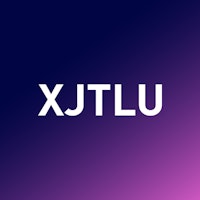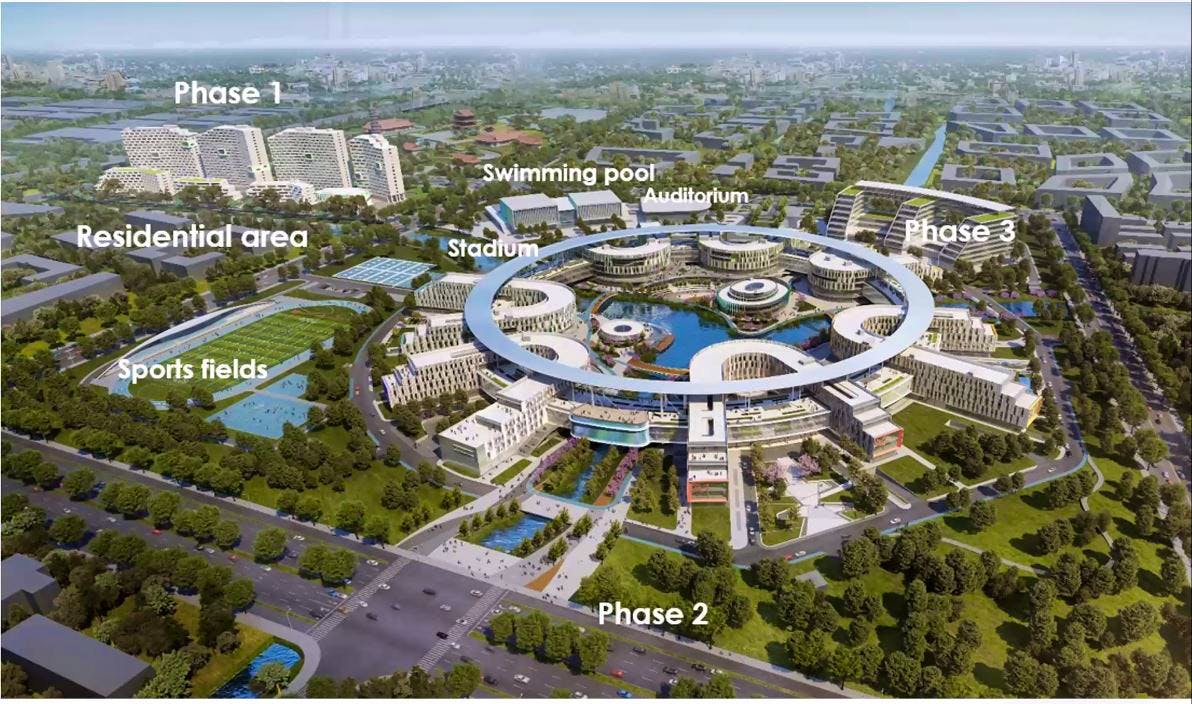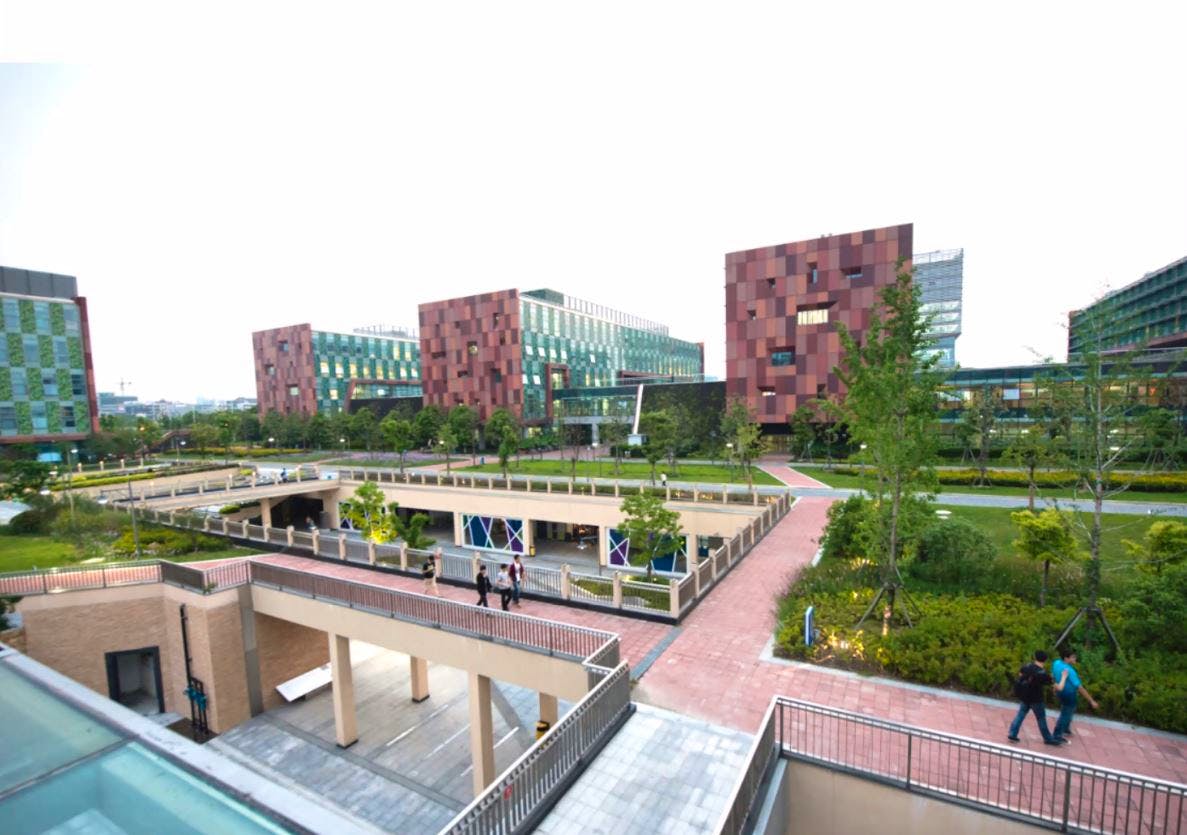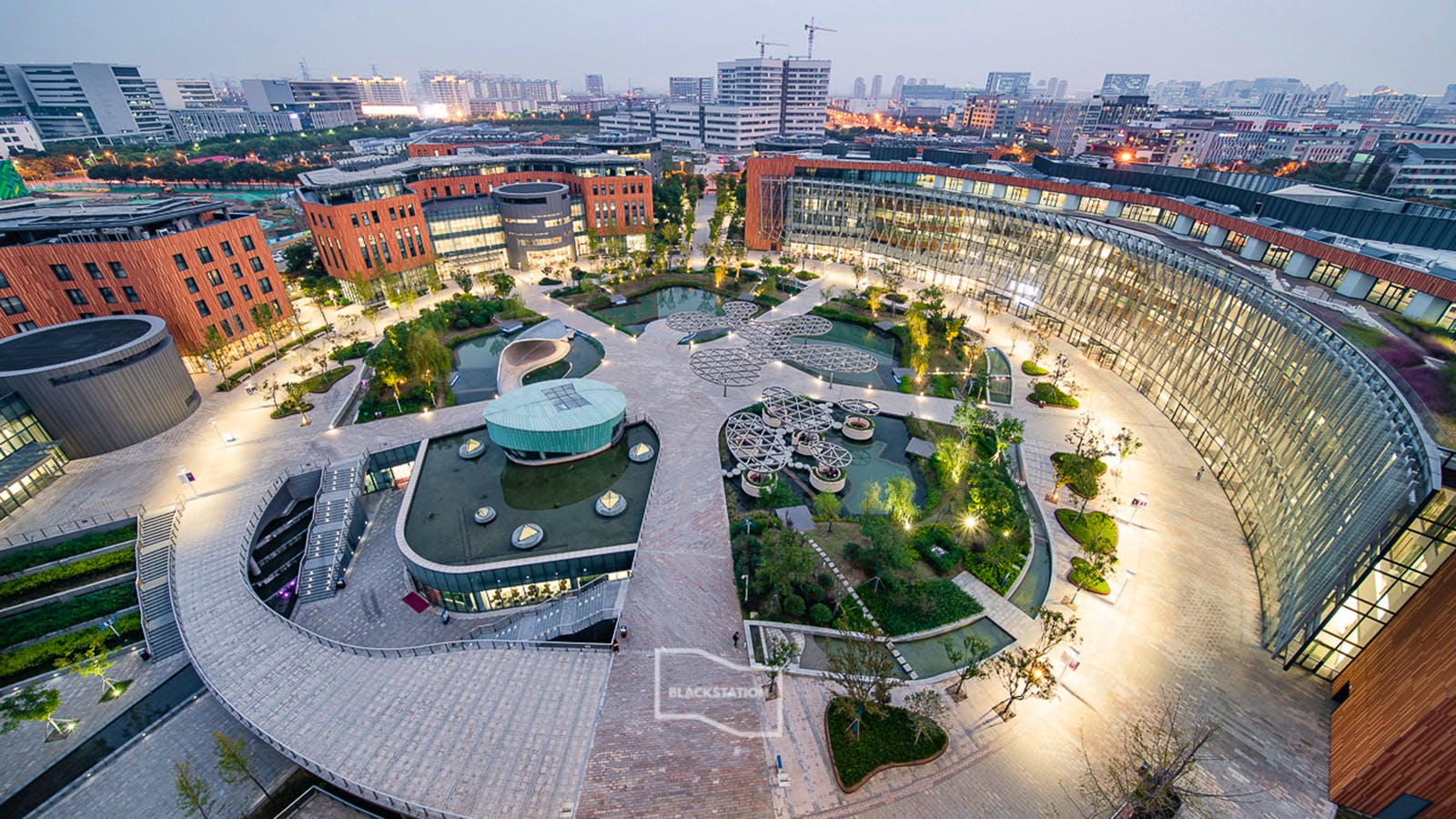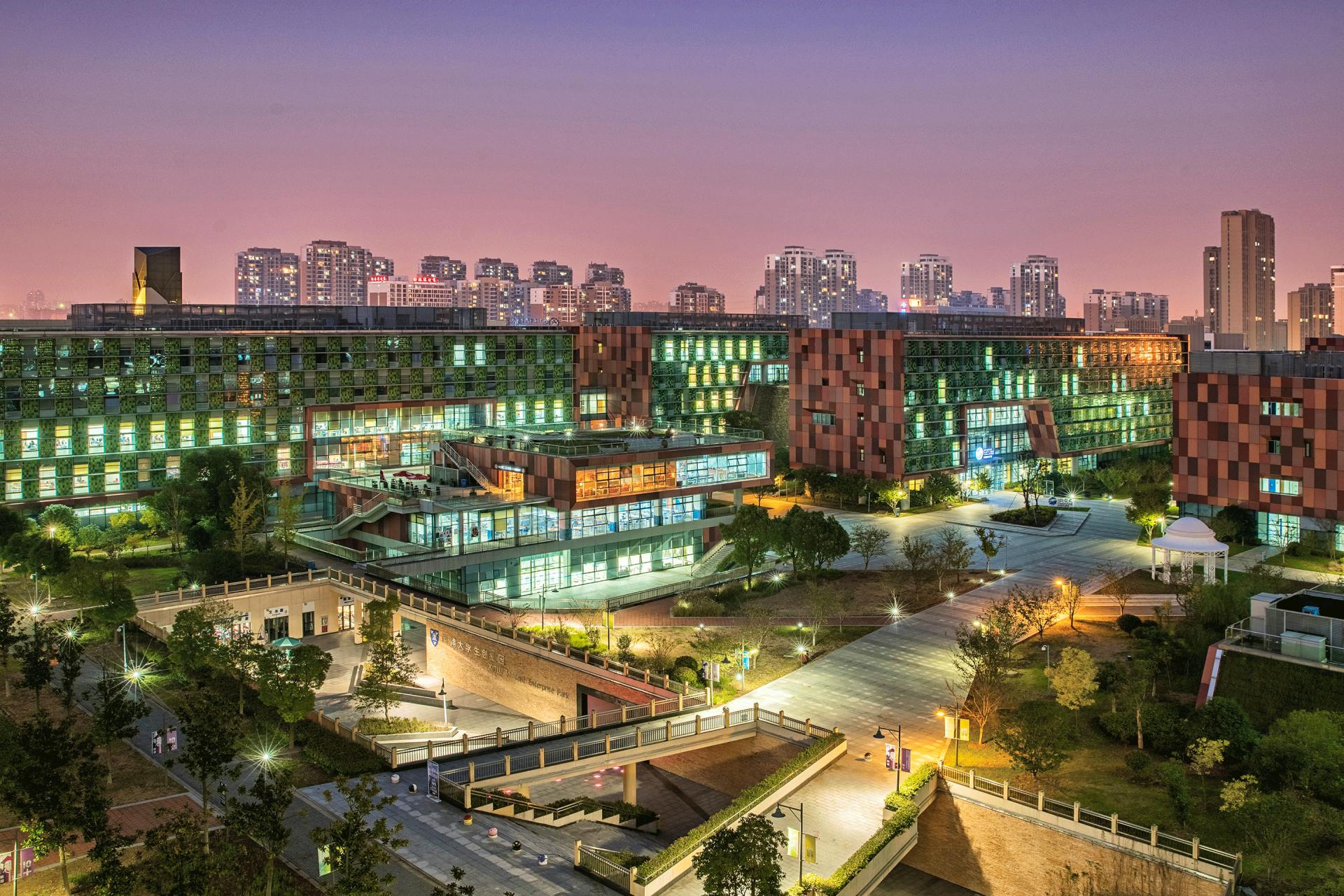Why Choose XJTLU?
- Two Degrees: 1 from the University of Liverpool & 1 from Xi'an Jiaotong-Liverpool University (Bachelor's students)
- The University of Liverpool degree (Master's and PhD students)
- All degree courses are taught 100% in English.
- No knowledge of the Chinese language is required to apply to XJTLU.
- Learn free of charge Chinese alongside your course.
- A friendly international community.
- International Opportunities: "2+2" study route to the University of Liverpool, UK for undergraduate students (more than 3,500 XJTLU students are now studying at the University of Liverpool, UK through "2+2")
- International Opportunities: Wide range of study abroad opportunities in partner institutions in Canada, Germany, the Netherlands, Italy, the UK, the USA, South Korea, Russia, etc.
- International Opportunities: Partnerships with multinational companies in the likes of HSBC, Standard Chartered, Siemens, KPMG, Alstom, Schneider, ICBC, etc.
About Suzhou
You have the opportunity to live in one of the most culturally rich areas of China, with Suzhou’s UNESCO World Heritage gardens and canals famous around the world.
Suzhou combines its rich 2,500-year-old history with a drive to become one of the most modern cities in China. It has a population of more than six million and a GDP of a trillion RMB – far larger than those of many entire countries!
Alongside its beautiful tourist spots, Suzhou has many excellent learning resources and sports facilities, a great choice of shopping malls, cinemas and restaurants, and a variety of bars and nightclubs.
Today, the city’s canals, stone bridges, pagodas, and meticulously designed gardens have contributed to its status as one of the top tourist attractions in China. The classical gardens in Suzhou were added to the list of the UNESCO World Heritage Sites in 1997 and 2000.
Suzhou is located in the southeast of Jiangsu Province in eastern China. Within Suzhou is Suzhou Industrial Park, one of the most competitive development zones in China. This area also contains the Suzhou Dushu Lake Science and Education Innovation District (home to XJTLU), which sits beside Dushu Lake, one of two lakes in SIP.
Central Shanghai can be reached from Suzhou in just 30 minutes by high-speed train.
Library
XJTLU students have access to a wide range of library resources, from books and journals to electronic databases and articles. The library plays a key role as a research support and learning centre for the University, developing its collection by focusing on subject development and research requirements.
The library currently holds over 500,000 books, which are added to and updated throughout the year in response to requests from academic departments. It provides 22,000 square metres of space, housing 300 PCs and 2,500 seats for studying, discussion and computer and studio work.
Campuses
North Campus
Full of striking, architecturally impressive buildings, our North Campus provides state-of-the art teaching, laboratory, research and support facilities. This includes the award-winning and iconic Central Building, which houses our library.
The campus also has sports facilities, world class-fully equipped science and engineering laboratories, International Business School Suzhou, and design studios, as well as a variety of catering facilities, including Subway, Pacific Coffee Company, and many canteen-style fast-food options.
Landscaped gardens complement pieces of modern art to create a campus environment that has become one of the striking features of Suzhou Industrial Park.
South Campus
The first phase of our South Campus was opened to the public on 26 July 2016, as a major part of the University’s 10th anniversary celebrations.
Architecturally it contrasts our North Campus and features modern designs that complement the surrounding area. Eventually, the South Campus will satisfy the learning and teaching needs of approximately 6,000 XJTLU students as well as the University’s academic exchanges and research development plans. It will consist of eight buildings and be developed over two further phases:
Phase II: International Business School Suzhou at XJTLU
This phase will see the completion of a new building for International Business School Suzhou, set to open by the end of 2017.
PHASE III: XJTLU-GF School of Film and Television Arts and XJTLU Gym
Phase III consists of two buildings – the construction of the XJTLU-GF School of Film and Television Arts and a gym. Both buildings are expected to open by the end of 2018. The development of the School, in collaboration with financial services provider Gold Finance Group, is a significant part of XJTLU’s academic development strategy. It will mix digital media arts and film and television production and technology with performance and acting. The gym will provide improved and diversified sports facilities for students and staff on campus.
Living in University
When you come to XJTLU, you will have the opportunity to try a whole range of different sports and activities as well as developing any existing skills you already have.
Student clubs and societies
Student clubs and societies play an important part of student life. XJTLU has many organisations with themes such as art, sports, music, entrepreneurship, dance to name but a few. Some of the more established groups include a Model United Nations and the Student Union.
Another society, Intercom, provides a platform for all international students to arrange activities and events, and share ideas and experiences with the wider student body.
Catering
3 canteens, 3 coffee shops, Bar, Restaurants
Sports
Currently, 21 sports are offered through PE classes at XJTLU, including badminton, basketball, belly dancing, billiards, boxing, bridge, Chinese martial arts, football, free combat, body building, golf, popping, roller-skating, sport dancing, table tennis, taekwondo, tai chi, tai chi sword, tennis, Ultimate Frisbee and yoga.
We have outside sport facilities that include basketball and tennis courts as well as indoor facilities, such as a golf training venue, gym, dance room, and table tennis room. There is also a football field located next to the new South Campus.
Show less
